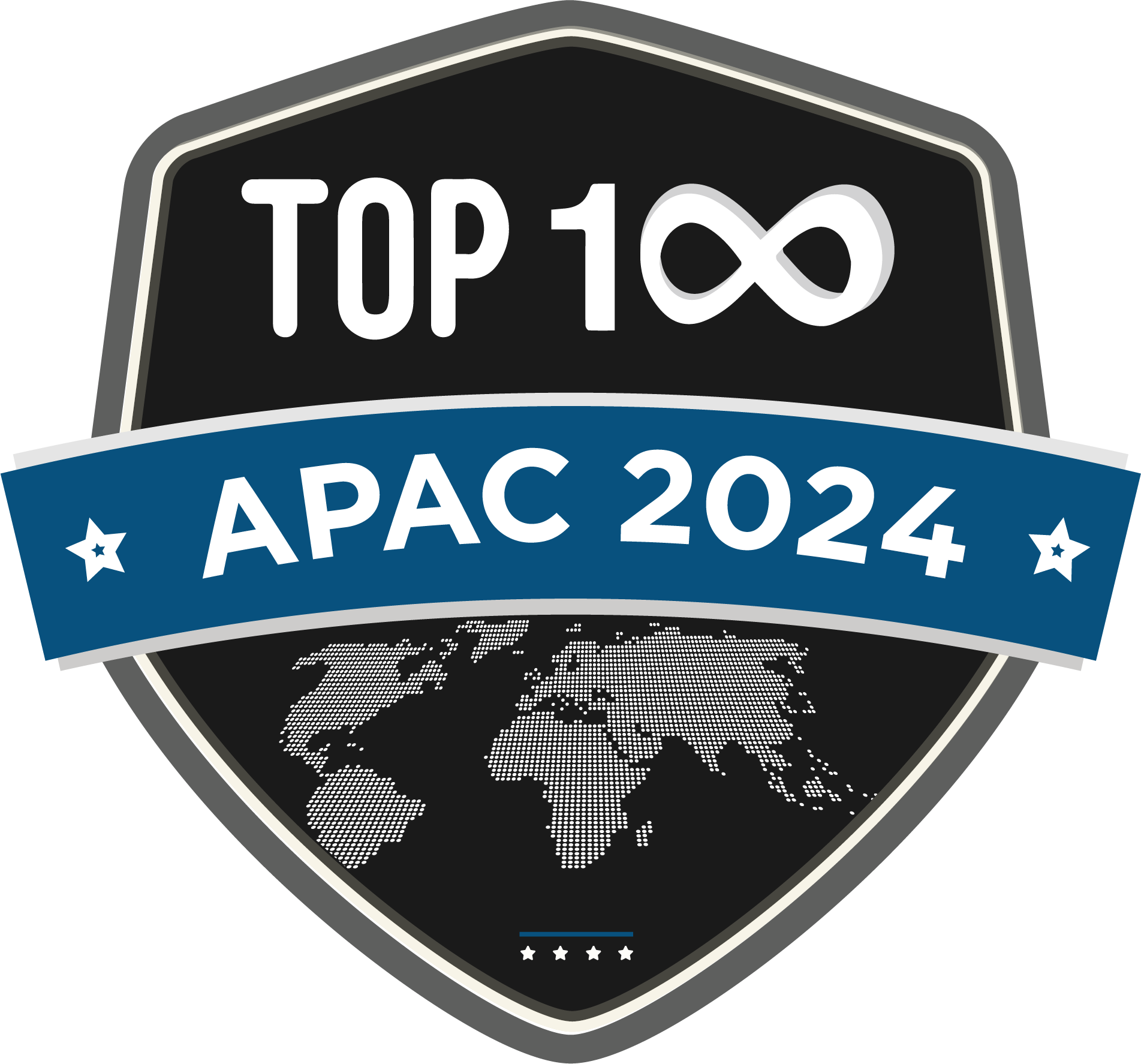In today’s competitive job market, the ability to find and attract top-notch talent can spell the difference between business success and stagnation. This is exactly why an effective talent acquisition strategy is beneficial. According to staffing software maker Bullhorn, 66% of hiring agencies reported a shortage of skilled candidates in 2023, and this shortage is expected to continue in the future. This blueprint guides you in identifying and securing the best available talent for your company.
Here’s how to build a talent acquisition strategy that aligns perfectly with your business needs and enables you to tap into the exceptional talents that can drive your company to success.
Understand your business needs
Before building a talent acquisition strategy, you must have a crystal-clear understanding of your business’s unique needs and objectives. To accomplish this, you need to answer the following questions:
-
- What are your immediate and long-term staffing requirements?
- What specific skills and expertise are indispensable for the success of your organization?
- Do you have plans to expand into new markets or introduce new products and services?
Answering these important questions will lay the foundation for your talent acquisition strategy, ensuring that it is in perfect alignment with your business goals.
Define your ideal candidate
Understanding the type of candidates you wish to hire is essential to find your ideal talent. To achieve this, create detailed candidate personas that contain the qualifications, experience, and personality traits you are seeking. These personas will serve as your guide throughout the recruitment process, ensuring that you are on the right path when identifying and engaging with the right individuals.
Leveraging your employer brand
Maintaining a robust employer brand is a vital component of a successful talent acquisition strategy. Prospective candidates are naturally inclined towards companies with a positive reputation. To enhance your brand, consider implementing the following strategies:
-
- Showcase your company’s culture, values, and mission on your website and across various social media platforms.
- Encourage your existing employees to share their genuine experiences and insights on platforms such as Glassdoor and LinkedIn.
- Highlight any accolades, awards, or recognitions your company has received, demonstrating your commitment to excellence.
- A positive employer brand acts as a magnetic force, attracting top talent organically.
Utilize multiple sourcing channels
When identifying the best candidates, it is essential to employ a diverse range of sourcing channels. This multifaceted approach casts a wider net, increasing your chances of discovering and engaging with potential candidates who may not be accessible through a single channel. Consider using the following sourcing channels:
-
- Online job boards such as LinkedIn, Indeed, and Monster
- Social media platforms, where you can share job openings and interact directly with potential candidates
- Employee referrals, where your current employees recommend qualified candidates from their own networks
- Recruitment agencies like TalentHero specialize in sourcing top talent within your industry
- Networking events, industry conferences, and job fairs to connect with potential candidates face-to-face
Create a compelling job description
Your job description serves as the initial point of contact between your organization and potential candidates. As such, it must be meticulously written to resonate with your target audience. A well-structured job description should be clear, concise, and capable of conveying the unique aspects of the role and your company. It should provide comprehensive information about the responsibilities, qualifications, and benefits associated with the position, leaving candidates with a clear understanding of what they can expect if they join your team.
Implement an applicant tracking system (ATS)
An applicant tracking system is a technological tool that can significantly streamline your recruitment process. This software automates various tasks, including resume screening, candidate communication, and data management. With an ATS, you can ensure that your recruitment process is efficient, organized, and capable of delivering a smooth experience for both candidates and your internal hiring team.
Develop a Solid Screening Process
Screening candidates is an integral part of talent acquisition. It is during this phase that you can identify and filter out candidates who may not meet your organization’s specific requirements. Consider incorporating the following elements into your screening process:
- Resume and application review – Carefully review resumes and applications to ensure that candidates possess the basic qualifications and experience required for the role.
- Pre-screening interviews – Conduct initial phone or video interviews to gauge candidates’ interest, availability, and initial suitability.
- Skills assessments – Administer skills tests or assessments to evaluate candidates’ technical capabilities and competencies.
- Behavioral interviews – Conduct structured interviews that delve into candidates’ past experiences and behavior to get insights into their potential fit within your organization’s culture.
Engage and Assess Cultural Fit
In addition to assessing qualifications and experience, it is crucial to evaluate the cultural fit of candidates. A candidate who perfectly matches the technical requirements of a role but fails to align with your company’s values and culture may not be the ideal choice. During interviews, go deeper into candidates’ work styles, communication preferences, and their approach to overcoming challenges. Ask questions that elicit responses that provide insights into their potential fit within your organization.
Offer competitive compensation and benefits
To attract a top-tier talent, your compensation package must be competitive within your industry and region. Candidates often consider salary, bonuses, and benefits when evaluating job offers. Conduct thorough research to understand salary benchmarks and benefits packages offered by competitors and industry leaders. With this information, you can craft a compensation package that not only attracts but also retains the best talent.
Provide development opportunities
Candidates are not only interested in the present – they also consider their future within your organization. To do this, you must highlight the development opportunities your company offers during the recruitment process. Outline clear career paths and the potential for ongoing training and skill development. This shows your commitment to nurturing talent, which can be a significant factor in attracting candidates who are motivated to grow and excel within your organization.
Streamline the hiring process
A cumbersome hiring process can deter top candidates. This is why it’s imperative to keep your hiring process efficient and transparent. Remember to maintain clear communication with candidates at each stage of the process, ensuring that they are informed about the progress of their application. A smooth and well-organized hiring process not only enhances the candidate experience but also reflects positively on your organization.
Measure and analyze your strategy
To gauge the success of your efforts, it is essential to implement a system for measuring and analyzing key metrics. Some of the critical metrics to track include:
-
- Time-to-fill – The duration it takes to fill a vacant position
- Cost-per-hire – The total expenditure associated with hiring a new employee
- Candidate satisfaction – Feedback from candidates regarding their overall experience during the recruitment process
- Quality of hire – The performance and impact of newly hired employees within your organization
Adapt and evolve
The job market is dynamic, and the demands and expectations of candidates are always evolving. For this reason, your talent acquisition strategy should adapt and evolve in response to these changes. Keep up with the industry trends, emerging technologies, and shifts in candidate preferences. Don’t forget to adjust your strategy as needed to remain competitive in talent acquisition.
Building a talent acquisition strategy that works optimally for your business demands careful planning, continuous refinement, and a deep understanding of your organization’s unique needs and objectives.
By following the steps outlined in this guide, you can position your company to attract and hire the exceptional talent necessary to drive success. Remember that talent acquisition is not a one-time task but an ongoing process that requires dedication and adaptability to secure the talent that will lead your organization to new heights.
Author Bio

Oliver Lewis
Founder & CEO

- Talenthero © 2023, All Rights Reserved.

